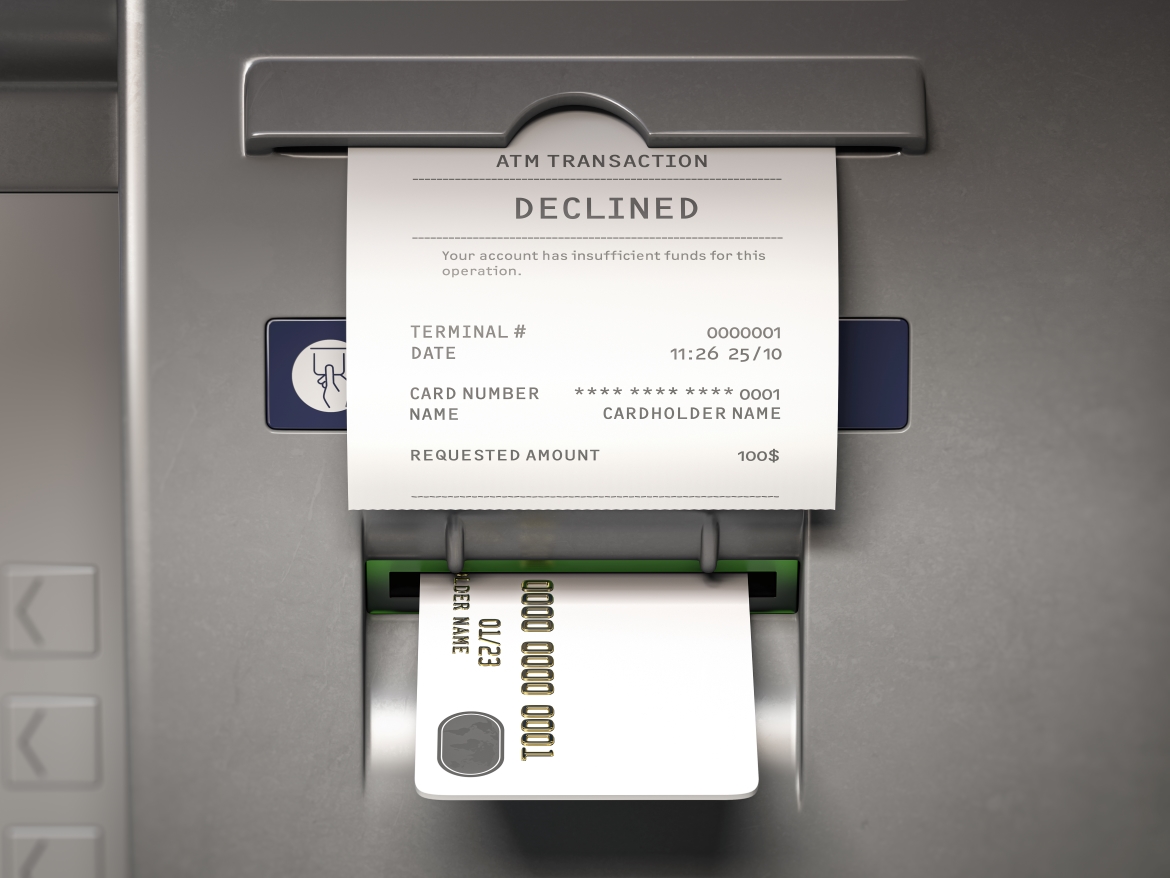How to manage the finances of a family with irregular income
Managing family finances can be challenging, especially when income is inconsistent. In these situations, financial uncertainty can lead to stress, and solid strategies need to be put in place to maintain financial stability. Here’s how to manage family finances when income is inconsistent.
One of the first steps is to create a budget based on minimum income. It’s common for families with fluctuating incomes to experience months with high income and others with lower income. By basing your budget on your expected minimum income, you ensure that your basic needs will always be covered. Instead of planning expenses based on your busiest months, adjust your finances to survive comfortably during the toughest months.
Another key strategy is to maintain a robust emergency fund. Families with irregular incomes need to be more proactive in creating a financial cushion to help them weather months with low or no income. This emergency fund should be large enough to cover at least three to six months of essential expenses, such as food, housing, utilities, and education. By having a solid emergency fund, you can avoid the need to resort to credit or loans, which often aggravate the financial situation.
It is advisable to prioritize essential expenses and differentiate between needs and wants. In times of irregular income, it is essential to identify expenses that are not negotiable, such as rent or mortgage, food, and utility bills. In contrast, optional expenses, such as entertainment or dining out, can be temporarily reduced or eliminated when income is lower. Discipline in this area is crucial to avoid going into debt or affecting long-term financial well-being.
Setting up an automatic savings plan during your higher-income months can help you create financial stability. When you receive more income than expected, instead of spending that extra money, put a significant portion of it into savings. You can use this money to bolster your emergency fund or to cover expenses during lower-income months. Setting up an automatic system to transfer a portion of your income into a savings account will make this process easier and prevent impulsive spending decisions.
Another helpful tip is to diversify income streams. While it may be difficult for some to find more than one source of income, diversification can mitigate the impact of fluctuating earnings. Some family members may consider part-time jobs, freelance projects, or even selling products or services that generate additional income. The more income streams you have, the easier it will be to manage finances when one source decreases.
In this context, it is also important to avoid unnecessary debt, as irregular income can make it difficult to pay off loans or credit cards. If you are not sure when you will have the money to pay off a debt, it is best to avoid taking it on in the first place. Interest and penalties for late payments can make your financial situation worse. However, if you already have debt, prioritise paying off those with higher interest rates and, where possible, look into consolidating debts to reduce monthly payments.
A useful tool for families with fluctuating incomes is the use of a flexible budget. Rather than creating a rigid budget that assumes fixed income and expenses, it’s better to design one that adjusts monthly based on actual income. This way, you can more realistically allocate funds to each spending category, depending on the money available that month.
Maintaining open and consistent communication with family members is also crucial. Talking about family finances and making sure everyone is on the same page about financial goals can prevent misunderstandings and help the family work together during times of economic uncertainty. By setting clear financial goals and priorities, all family members can contribute to maintaining long-term stability and well-being.
Don’t forget the importance of seeking financial advice. A financial advisor can help you develop a personalized plan to manage your irregular income, fine-tune your budget, and ensure you’re making the best decisions for your unique situation. Professional guidance can make a big difference, providing you with specific tools and knowledge to navigate complex financial situations.

